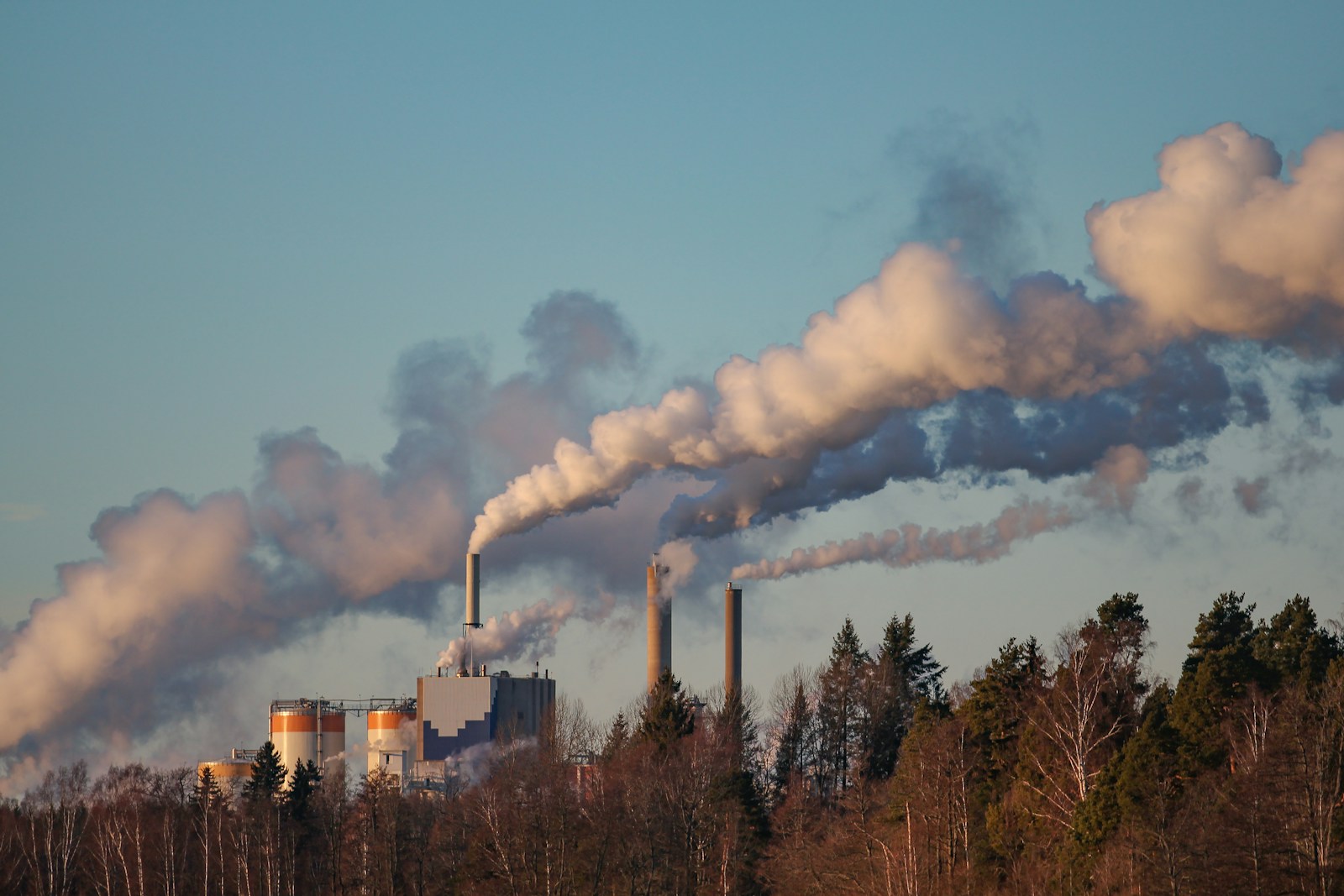The human race is facing a multitude of challenges in the 21st century. From climate change to political turmoil, it seems as though we are constantly grappling with new issues that threaten our very existence. However, there is one challenge that towers above all others: the depletion of our planet’s natural resources. As the world’s population continues to grow, our demand for food, water, and energy is increasing at an alarming rate. In order to ensure the survival of our species, it is essential that we take action to conserve and preserve the resources we have left.
Table of Contents
ToggleThe State of Our Natural Resources
The depletion of our planet’s natural resources is a complex issue with multiple causes and consequences. One of the primary drivers of resource depletion is overconsumption. As the global population continues to grow, so too does our demand for food, water, and energy. The result is that we are using up our resources at a rate faster than they can be replenished. This is particularly true for non-renewable resources such as oil, gas, and minerals. Once these resources are gone, they are gone for good.
Another contributing factor to resource depletion is the rapid pace of industrialization and urbanization. The production of goods and services is increasing at a phenomenal rate, which is putting a tremendous strain on the planet’s natural resources. The growth of cities and towns is also leading to the destruction of forests and other wildlife habitats, which in turn is reducing the number of natural resources available to us.
The Consequences of Resource Depletion
The depletion of our planet’s natural resources has far-reaching consequences that extend beyond just the loss of the resources themselves. For example, as we continue to deplete the planet’s oil and gas supplies, we are also releasing vast amounts of greenhouse gases into the atmosphere. This is contributing to global warming, which is causing temperatures to rise and leading to more frequent and severe weather events such as hurricanes, droughts, and floods.
Another consequence of resource depletion is the impact it has on the global economy. As resources become scarcer, their price tends to increase. This in turn makes it more difficult for people to afford the goods and services they need, which can lead to poverty, unemployment, and social unrest.
The Need for Sustainable Solutions
Given the scale of the challenge we face, it is clear that we need to take action to conserve and preserve our planet’s natural resources. One of the key ways we can do this is by embracing sustainable solutions. This involves using resources in a way that ensures they are available for future generations.
One of the most effective ways to promote sustainability is by reducing our demand for non-renewable resources. This can be done by using energy-efficient technologies and investing in renewable energy sources such as wind and solar power. We can also reduce our resource consumption by using environmentally-friendly products, recycling, and reducing waste.
Another important step we can take is to invest in sustainable agriculture and forestry. This involves using techniques that conserve soil and water, and promote biodiversity. For example, farmers can use cover crops to improve soil fertility, and forests can be managed to provide a sustainable supply of timber.
The Role of Governments and Businesses
In order to conserve and preserve our planet’s natural resources, it is essential that governments and businesses play their part. Governments can take action by implementing policies and regulations that promote sustainability. For example, they can encourage the development of renewable energy sources and promote energy efficiency. They can also provide incentives for businesses to adopt sustainable practices, such as tax breaks for companies that reduce their carbon footprint.
Businesses can play a major role in promoting sustainability by adopting environmentally-friendly practices and investing in renewable energy. They can also make products and services that are more sustainable and that reduce waste. By doing so, businesses can not only help conserve natural resources, but they can also improve their bottom line and attract more environmentally conscious consumers.
The Importance of Education and Awareness
Education and awareness are critical components in the fight against resource depletion. By educating people about the importance of sustainability and the consequences of resource depletion, we can empower them to take action. This can involve promoting environmental education in schools, providing information and resources to the public, and encouraging businesses to be more transparent about their environmental impact.
The Future of Our Planet
The future of our planet depends on our ability to conserve and preserve its natural resources. By taking action now, we can ensure that future generations have access to the resources they need to survive and thrive. However, this will require a concerted effort by governments, businesses, and individuals. By working together, we can create a more sustainable future and confront the biggest challenge we face as a species.
Conclusion
The biggest challenge that we face as a species is a multifaceted and complex issue, but it can be summarized as the need to address and solve the numerous global problems that threaten our survival and well-being. These include environmental degradation, climate change, pandemics, economic inequality, and political instability. Confronting these challenges requires a collective effort from all nations, individuals, and organizations. We must work together to implement sustainable solutions, promote equality, and ensure that future generations inherit a better world. Ultimately, it will require a shift in our attitudes and actions towards more compassion, cooperation, and a commitment to creating a better future for all.







